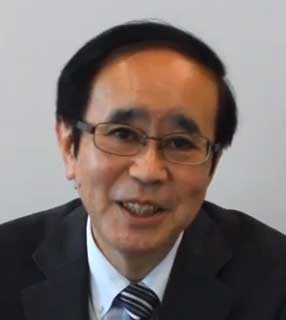No.24
An educational framework that integrates theories of second language acquisition and attrition with English language learning in the classroom.

Over the years, I have engaged extensively in scholarly inquiry into second language pedagogy and the cognitive dimensions of language learning. In this context, my current research advances an educational framework that integrates theories of second language acquisition (SLA) and second language attrition within the domain of classroom-based English language learning. Although SLA theory has significantly influenced curriculum design and instructional practice, the phenomenon of language attrition remains underrepresented in pedagogical discourse. My research seeks to reposition language loss not as a marginal issue, but as a vital consideration in fostering sustainable language development. The proposed framework synthesizes key theoretical constructs—such as input frequency, memory consolidation, motivational resilience, and contextual scaffolding—into a coherent model aimed at informing and enriching classroom instruction. Methodologically, the study employs longitudinal classroom observations, reflective practitioner inquiry, and qualitative data collection from both educators and learners. The findings indicate that pedagogical approaches informed by both acquisition and attrition perspectives can meaningfully enhance language retention and promote learner autonomy. This recent study concludes by outlining implications for curriculum development, teacher education, and future research at the intersection of applied linguistics and instructional practice.


